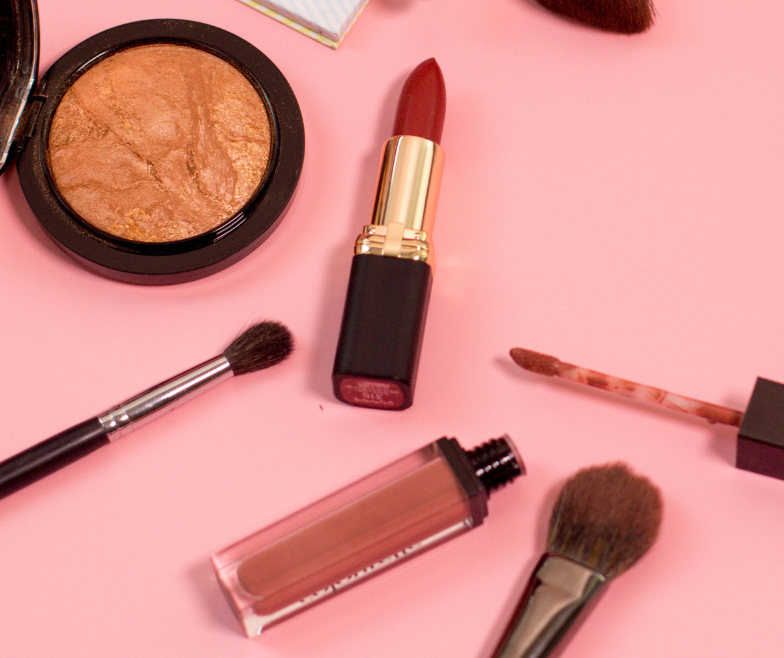What You Need to Know About Paraben Exposure and Breast Cancer

We often see this word on the products we use every day, “parabens”, but what is a paraben and why is there a sudden focus on its connection to breast cancer? Parabens are common in our surroundings and can be found in many of the products we use and consume each and every day.
There is evidence that strongly suggests that parabens may contribute to the development of breast cancer in certain people, making it all the more important to understand the risks associated with this chemical. Continue reading to learn about the possible dangers of parabens.
What are Parabens?
Parabens refer to a group of chemicals that act as artificial preservatives in products that biodegrade over time, such as cosmetics, lotions, hair care and shaving cream, just to name a few. Developed in the 1920s, parabens are still used to protect products from developing bacteria, yeast and fungi that can become harmful and shorten a product’s shelf life and stability. Parabens are also added to certain popular foods, such as cereal, pickles, sauces and beer so they do not go bad before consumption. You can also find parabens in many of the shampoo, conditioner and other types of hair care products you use.
If you see one of these items on the list of ingredients, then it contains parabens:
- Methylparaben
- Ethylparaben
- Propylparaben
- Isopropylparaben
- Butylparaben
- Isobutylparaben
Many “natural” or “clean” brands disclose that they are paraben-free on their packaging.
Paraben Regulation
The FDA does not have any regulations against the use of parabens, making it critical to be your own advocate when it comes to your health. The good news is that personal care products solid in the U.S. are required to disclose a list of ingredients on their packaging. We encourage you to be a savvy, health-conscious consumer and do your research before purchasing paraben-containing products.
Parabens and Your Health
A research study conducted by the Centers for Disease Control analyzed the urine of more than 2,548 participants aged six years and older and found that there were traces of Methylparaben and propylparaben in most of the people tested, indicating that there are levels of parabens in most of the U.S. population.
The effects of parabens on your health are continuing to be studied. What scientists do know is that parabens are absorbed into your skin when applied and also ingested into the body when eaten. While your body can eliminate parabens, they are known to linger, which is causing some concern in the medical community.
In particular, scientists are researching the link between parabens and breast cancer. Some studies still show inconclusive results while others paint a different picture. In the study released by Environmental Health Perspectives, scientists introduced heregulin (a soluble secreted growth factor made in breast cells naturally) to trigger the receptors in cells with breast cancer. When the parabens were added to the heregulin soluble, it activated estrogen receptors, leading to increased cancer cell growth.
In addition, more studies show that parabens may have the ability to mimic estrogen in the body, alter the mechanisms of normal breast tissue and influence abnormal growth, all leading to an increased risk of breast cancer.
Other studies reveal that methylparaben (a type of paraben) may decrease the role of tamoxifen (a chemotherapy drug) to inhibit the effects of estrogen, making it a less effective cancer treatment. Parabens have also been linked to other healthcare conditions including thyroid disorders and allergies.
The use of parabens is permitted by government agencies around the world, including the U.S., the EU, Japan, Australia, and Canada. What is deemed as safe ranges for the use of paraben preservatives are established in all these countries.
If you want to do more for your health, schedule a Breast Ultrasound Screening appointment with us. HerScan is a mobile breast screening service, meaning we travel all over the country to hundreds of different cities to hold our health events. Click here to schedule an appointment in your city today.
